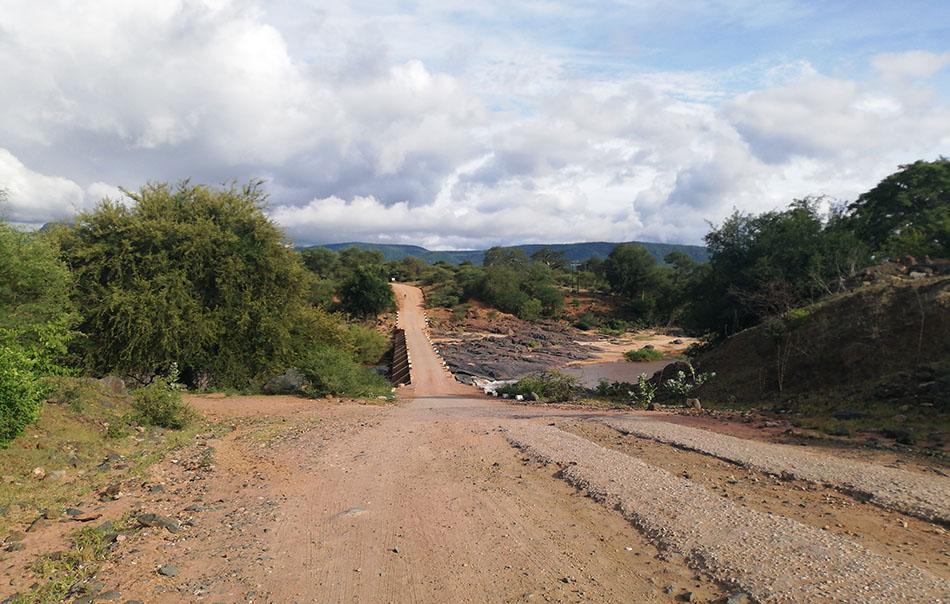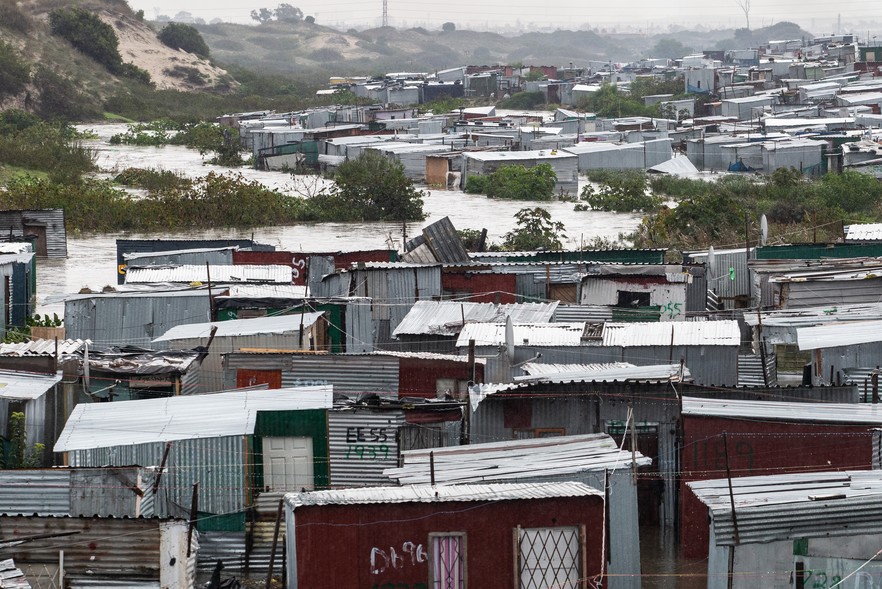Topics and Regions
Rick has over 40 years experience working in the land sector in Southern Africa. He is part of the Land Portal knowledge engagement team working to research and develop knowledge resources including data stories, blogs and in-depth country profiles for Southern, Central and Eastern Africa.
Rick is also a Senior Research Associate with Phuhlisani NPC - a South African land sector NGO and the curator of specialist Southern African land news and analysis website https://knowledgebase.land
He has just moved to the BlueSky social media platform @africaland.bsky.social
He has a PhD from the University of Cape Town. His research in Langa, Cape Town features as the central case study in a recent book Urban Planning in the Global South (2018), co-authored with the late Vanessa Watson, which examines the on-going contestations over land and housing in the rapidly growing cities of the global South.
Details
Location
Contributions
Displaying 151 - 160 of 470Tanzania: UN experts warn of escalating violence amidst plans to forcibly evict Maasai from ancestral lands
UN human rights experts* have expressed grave concerns about continuous encroachment on traditional Maasai lands and housing, accompanied by a lack of transparency in, and consultation with the Maasai Indigenous Peoples, during decision making and planning. This trend most recently culminated in security forces’ violence against the Maasai Indigenous Peoples who were protecting their ancestral land in the Loliondo Division of Ngorongoro District, in northern Tanzania.
Deaths of Phillips and Pereira shine light on a region of the Amazon beset by violence
- Brazilian police reported on June 15 that they had found the bodies believed to be those of Brazilian Indigenous defender Bruno Pereira and British journalist Dom Phillips deep in the western Amazon.
- The bodies were found not far from where the pair disappeared on June 5, in the Vale do Javari region, considered the most violent region of Brazil, where criminal groups vie to seize land occupied by Indigenous and traditional communities.
- Similar conflicts occur all over the Amazon, with some land grabbers admitting that they will, if necessary, us
Ngorongoro Evictions a Bad Idea: People and Nature Can Coexist
Lucas Yamat and Pablo Manzano
The future of Ngorongoro has been the subject of hot debate among various stakeholders following a proposal by the government of Tanzania to relocate pastoralists from the district in order to conserve this important World Heritage site.
The proposal is based on claims that wildlife in the reserve faces extinction due to a sharp increase in human and livestock populations. Discussions about the proposal have caused concern among the residents of Ngorongoro who fear that they face eviction.
6,000 health and environmental ‘time bombs’ still to be defused –South African Govt decades behind schedule
So little money has been allocated to cleaning up the legacy of the South African mining industry that it will take another 70 years to clean up just a fraction of the country’s more than 6,000 abandoned mines.
There are roughly 6,100 “derelict or ownerless” mines scattered across South Africa, many of which can expose people and the environment to significant harm due to pollution of the air, water and soil.
Insurgency and pandemic bring ruin to fishermen’s families in Cabo Delgado
Amisse Assane has been a fisherman in Cabo Delgado, northern Mozambique, for 25 years, but the rich waters that used to give him an income are now closed off by the security forces because of the armed insurgency in the region.
“It was once possible to make 10,000 meticais [€146.00] a day, but not any more,” says Assne in Kimuâni, one of the local languages.
Southern Angola’s severe drought drives migration into Namibia
People living in southern Angola are experiencing the worst drought in 40 years, with many crossing the border into Namibia in search of resources and relief after consecutive years of below-average rainfall affecting their crops.
The International Federation of the Red Cross (IFRC) says the Angolan provinces of Huila, Cunene and Namibe are hardest hit, with nearly 1.6 million people facing crisis or emergency levels of food insecurity during the six-month period ending in March.
Zimbabwe’s diamonds bring wealth for a few, despair for many
The arrival of huge mining corporations has left thousands in Marange feeling like prisoners in their own ancestral land.



